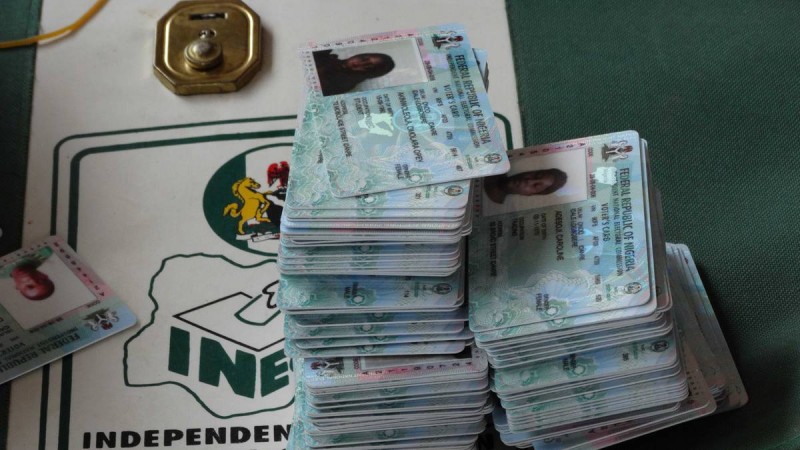
The Independent National Electoral Commission (INEC), says it has done everything to protect its card readers from being hacked or jammed on Election Day.
Mr Chidi Nwafor, the Director of Information and Communication Technology (ICT), INEC, stated this at a Situation Room Dialogue with INEC officials in on Wednesday in Abuja.
The dialogue was organised by the Nigeria Civil Society Situation Room, with support from the British Department for International Development (DFID).
Nwafor said the meeting became necessary, following insinuations by some people that there were plans to jam or hack its server or card readers.
“I want to assure you that we have done everything possible in terms of security issues; in terms of when it was being designed, we have considered a lot of things.
“In any technology, we bring out issues as an engineer, but you must also know that this equipment you are bringing is for electoral process.
“Therefore, for you to make a design, you must also look at full electoral process of voting.
“Where are the ways this thing can be hacked? Where are the ways this equipment can be used in a negative ways? All these we have considered.
Nwafor added that the commission’s Permanent Voter Cards (PVCs) and card readers would help to eliminate election frauds in the forthcoming general elections.
He identified some of the election fraud in the country to include buying of votes, voter impersonation, ballot stuffing, mis-recording of vote and multiple voting.
“Multiple voting should be a thing of the past and the card reader would ensure one man: one vote,’’ he said.
He, however, added that curbing election fraud was not just the duty of INEC but all stakeholders.
Also speaking, INEC Chairman, Prof. Attahiru Jega, expressed the commission’s confidence in its card readers, adding that it had procured adequate functional card readers needed for the conduct of the elections.
Jega said that the commission had taken adequate measures to ensure that the card readers do not fail, stating that in the mock test conducted, no card reader failed.
“We have about 150,000 voting points, because we broke some of the large polling units into voting points.
“We have procured 182,000 card readers, of all of these, we have only about 400 that were `dead on arrival’ – factory faults.
“They have been brought and they cannot boot, so we are comfortable about the integrity of the card readers itself and all the public demonstrations and test we have done, no card reader has failed.
“In addition we already have extra battery in case there is a problem with the charge of batteries or lack of functionality of the battery.“
Jega added that because the country would be holding three elections in one day, it had to adopt measures to ensure that the ballot papers were properly placed in correct ballot boxes.
“Because we are doing three elections on March 28 and then two set on April 11, we are using three ballot boxes and three and two ballot boxes for March 28 and April 11 respectively.
“We have done colour coding just to make it easier to avoid mistake in placing the ballot papers in the appropriate ballot boxes,’’ he added.
He said the commission had agreed to open each of the ballot boxes and sort out wrongly placed ballot papers after election in the presence of all agents and observers before counting.
According to him, the commission would continue with its sensitisation programme on the need for people to place their cast votes in the appropriate boxes.






